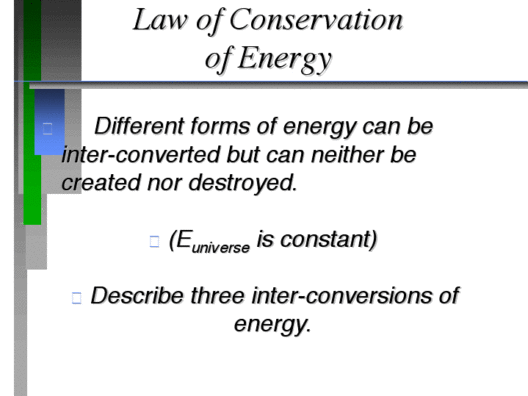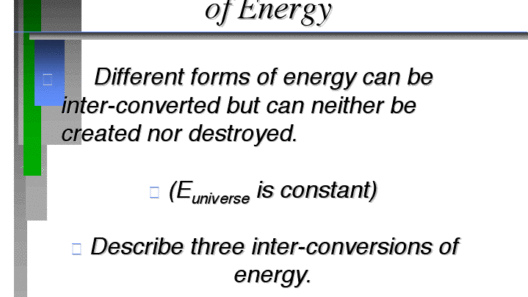Fasting is a time-honored tradition observed across various cultures and religions. During this period, maintaining energy levels while adhering to dietary restrictions presents a unique conundrum. Have you ever pondered how to effectively balance your energy needs with the demands of fasting? This article explores an intriguing challenge: conserving energy while fasting. The focus will be on practical strategies to keep you invigorated and balanced throughout this transformative experience.
Understanding the nature of fasting is vital. It is not merely the abstention from food; it often entails a shift in lifestyle choices, psychological states, and physical well-being. A meticulous approach to conserving energy during fasting can significantly enhance your experience. Here are some strategies to ensure you stay harmoniously balanced.
1. Establish a Nutrient-Dense Eating Schedule
To sustain energy during fasting, one must prioritize the quality of food consumed before and after fasting hours. Incorporate foods rich in complex carbohydrates, healthy fats, and proteins. Whole grains, legumes, nuts, and seeds not only provide sustained energy release but also keep hunger at bay.
Moreover, paying attention to macronutrients is paramount. Carbohydrates should constitute a significant portion of your meals, as these are primary energy sources. However, be cautious of simple sugars, which may lead to energy crashes, thereby disrupting the equilibrium needed for fasting.
2. Hydration: The Cornerstone to Vitality
Humans often overlook the pivotal role hydration plays in conserving energy. With reduced food intake, it becomes imperative to drink ample water. Proper hydration aids in digestion, nutrient absorption, and cognitive function. Aim to consume water-rich foods and drink fluids during meal times.
Incorporate fruits and vegetables that have high water content—cucumbers, watermelon, and oranges are excellent choices. This strategy not only quenches thirst but also provides essential vitamins and minerals needed to keep you energized.
3. Adopt Mindful Eating Practices
The fast-paced world we inhabit often leads to a disconnection from the act of eating. Mindful eating, however, re-engages our senses, enhancing our relationship with food. During the pre-fasting hours, take the time to appreciate the flavors and textures of your meals. Chewing slowly and savoring each bite promotes better digestion and satisfaction.
Consider setting a tranquil environment for your meals. A soothing atmosphere can elevate your mood, fostering a sense of calm that is conducive to conserving energy.
4. Incorporate Gentle Physical Activity
Physical activity often induces thoughts of rigorous workouts. However, during fasting, the emphasis should be on gentle movements that energize rather than exhaust. Engage in activities like stretching, yoga, or light walking. Such exercises stimulate circulation and mental clarity without depleting your energy reserves.
Interestingly, gentle exercises can even enhance metabolism and improve mood, making them a paradoxical yet effective approach to maintaining energy levels. The key is to listen to your body and adjust intensity according to your energy levels during fasting.
5. Prioritize Rest and Recovery
When fasting, the body often undergoes significant physiological changes. It is essential to grant your body the rest it craves. Prioritize sleep as a fundamental element of energy conservation. A well-rested body revitalizes itself, enhancing overall performance during fasting hours.
Additionally, consider quiet moments throughout the day to meditate or practice breathing exercises. Such mindfulness practices can promote relaxation, reduce stress, and sustain energy levels.
6. Strategic Breaks: Recognizing Your Limits
Fasting can often lead individuals to push their limits, sometimes to the point of exhaustion. Recognizing your boundaries is pivotal. Scheduled breaks for relaxation can be an invaluable tool in conserving energy. Whether it involves sitting down in a quiet space or practicing deep breathing, these moments can rejuvenate the mind and body.
7. The Power of Community
During periods of fasting, community support can serve as a pillar of strength. Engaging with others who are also fasting can foster a collective energy exchange. Share experiences, recipes, or motivational encouragements. This camaraderie can alleviate feelings of isolation and invigorate energy levels.
Moreover, group prayers or meditations can help create a shared atmosphere of spirituality that uplifts the spirit, thus conserving emotional energy.
8. Listen and Adapt to Your Body’s Signals
Your body is an astute barometer of health. Mindfully attuning yourself to its signals can provide insights into your energy levels. Are you feeling fatigued? Do you need to adjust your meal timings or portions? Perhaps it’s time to switch up your hydration technique?
Listening to these innate cues is foundational. Adapt your fasting practices based on your body’s responses rather than adhering to rigid routines. This flexibility can yield a more balanced and energized fasting experience.
In conclusion, conserving energy while fasting is an attainable objective that requires a multifaceted approach. From adopting nutrient-dense eating habits to establishing a contemplative environment, each strategy plays a vital role in achieving this equilibrium. Implement these practices, and you may find that fasting can be a rejuvenating experience rather than a strenuous challenge. So, how will you embrace this intricate balance of energy conservation during your fasting journey?







